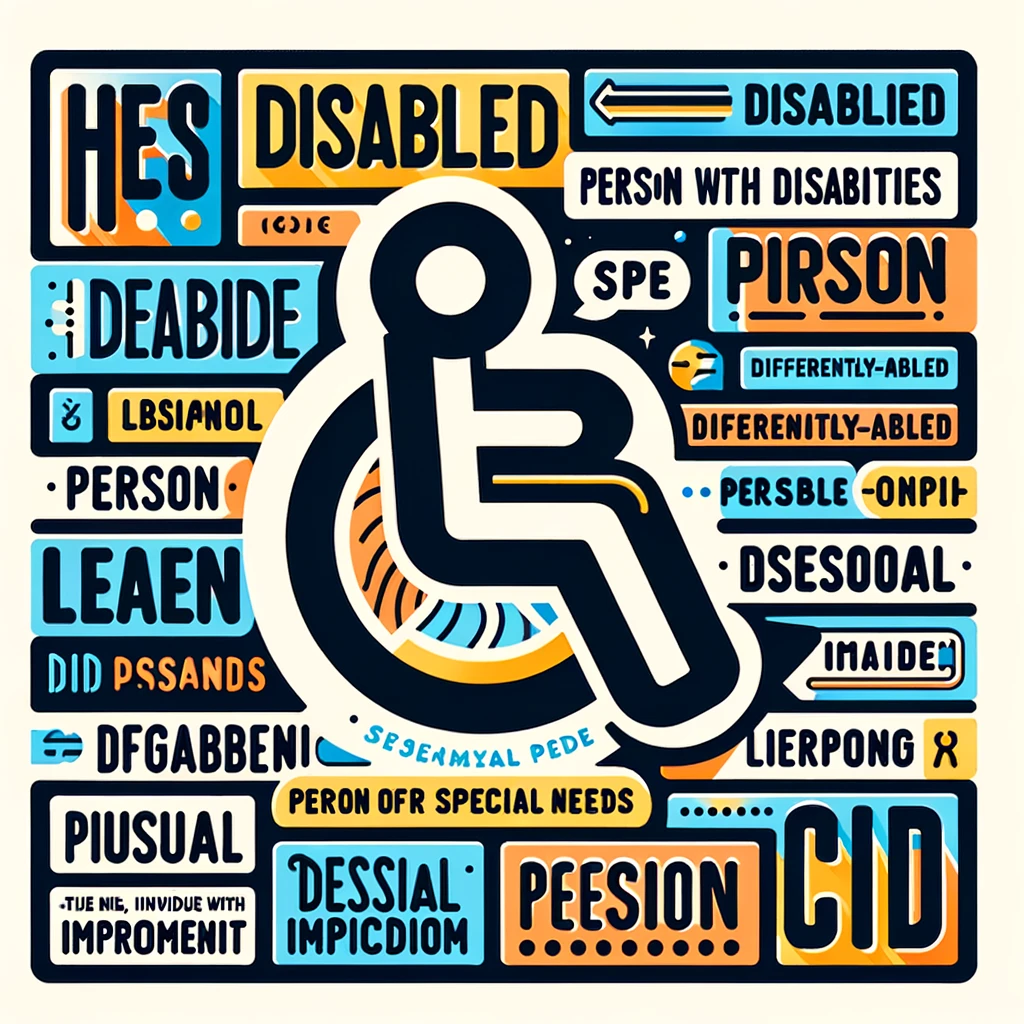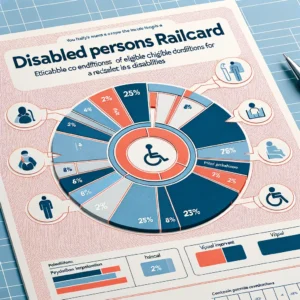Another Word for Disabled Person
Navigating the Spectrum of Disability Terminology
Begin with an overview of the importance of language in shaping perceptions of disability. Introduce the concept of person-first and identity-first language, highlighting the shift towards more inclusive and respectful terminology in society.
Alternative Terminology for “Disabled Person”
| Term | Context/Connotation | Preferred By |
|---|---|---|
| Person with Disabilities | A neutral, person-first term that emphasizes the person before the disability. | Widely accepted in formal and legal contexts. |
| Differently-Abled | A term intended to highlight abilities rather than disabilities, though it can be seen as euphemistic. | Some advocacy groups; varies by individual. |
| Person with Special Needs | Often used in educational and care contexts to refer to individuals who require additional support for disabilities and health conditions. | Educational professionals, some caregivers. |
| Individual with Impairments | Focuses on specific impairments rather than an overarching disability. | Medical and healthcare professionals. |
Historical Context: Provide a brief history of the terminology used to describe individuals with disabilities, noting significant changes and the reasons behind them, including societal shifts and advocacy from within the disabled community.
Table: Spectrum of Disability Terminology
- This table will list alternative terms such as “person with disabilities,” “differently-abled,” “person with special needs,” and “individual with impairments,” alongside their contexts or connotations (e.g., formal, informal, preferred by certain groups, etc.).
Person-First vs. Identity-First Language: Discuss the difference between person-first language (e.g., “person with a disability”) and identity-first language (e.g., “disabled person”), including the preferences within the disability community and the rationale behind each approach.

Cultural and Regional Variation: Explore how different cultures and regions have their own preferred terminology, reflecting broader societal attitudes towards disability.
The Impact of Language on Perception: Examine how the words used to describe disability can influence public perceptions, self-identity, and the policies that affect the lives of disabled individuals.
Advocacy and Empowerment Through Language: Highlight the role of advocacy groups in shaping the dialogue around disability terminology and how empowered language can lead to more inclusive policies and social attitudes.
Table: Spectrum of Disability Terminology
- Terms: List alternative terms for “disabled person.”
- Context/Connotation: Describe where or how each term is typically used, and any particular connotations it carries.
- Preferred By: Indicate if certain terms are preferred by specific groups within the disability community.
This blog post aims to inform readers about the significance of the words we use to describe disability, fostering a more inclusive and respectful dialogue. By including a table and discussing various perspectives, the post will provide a comprehensive overview of the topic, encouraging readers to reflect on their language choices.
Let’s proceed with creating the table showcasing different words used for “disabled person” and their contexts.
This table that lists different terms used as alternatives to “disabled person,” such as “person with disabilities,” “differently-abled,” “person with special needs,” and “individual with impairments.” Each term is accompanied by its context or connotation and information about which groups within the disability community might prefer it. This table is designed to be easy to read and visually appealing, making it a suitable inclusion in the detailed blog post about the evolution of disability terminology.
This visual aid will help readers better understand the nuances of each term and the importance of respectful and inclusive language in discussions about disability. If there’s anything more I can assist with or further information you need for your blog post, please let me know!



